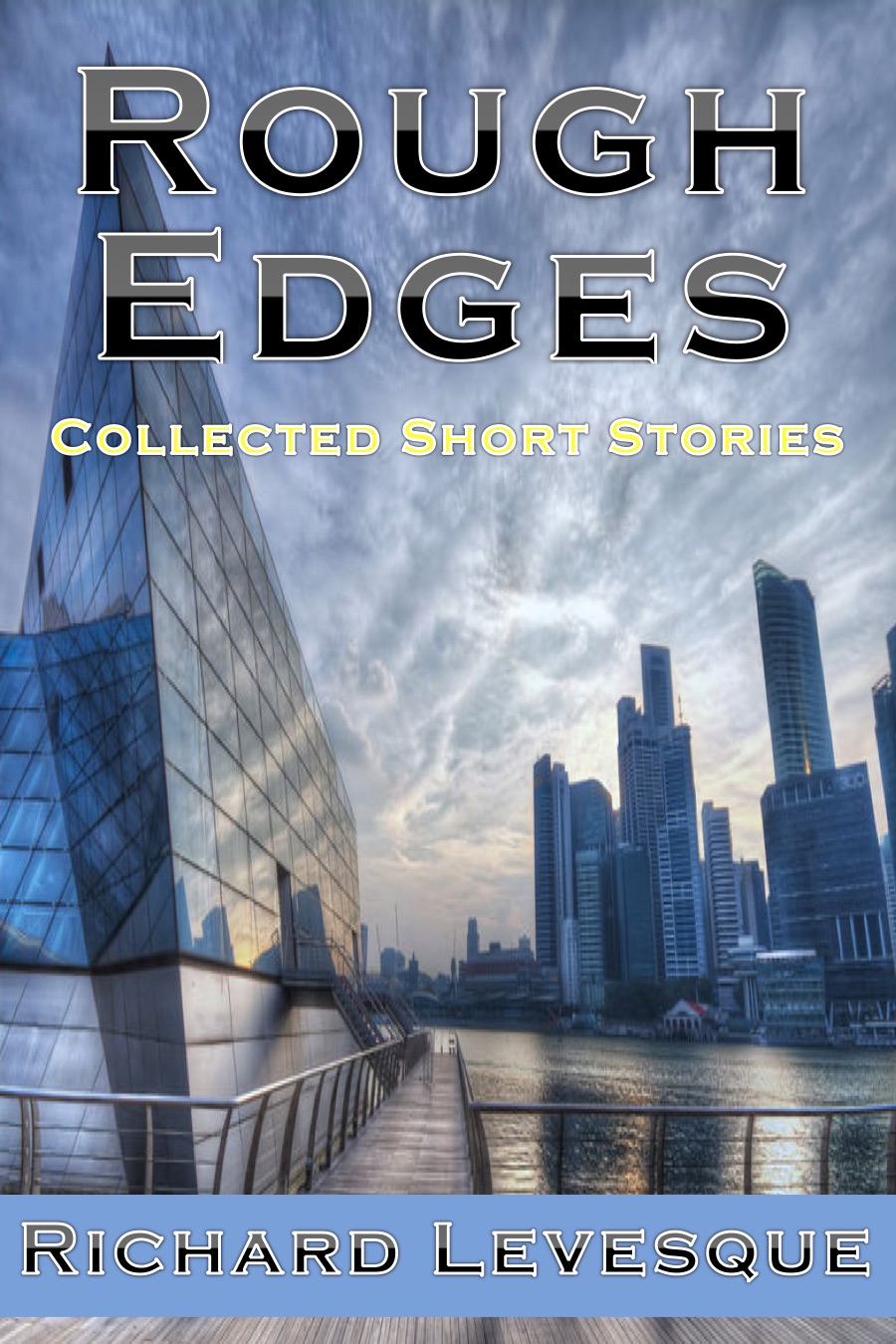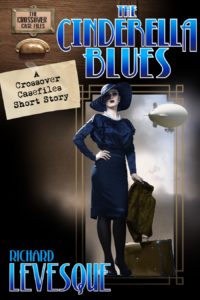Write, Yes. Publish? Maybe.
 We’re at that point in the semester where my students are getting ready to submit their first essays. I work a lot with college students who are placed in the composition class one level below Freshman Writing; they are, for many reasons, a bit under-prepared for academic discourse, and my main goal is to get them ready for the next level.
We’re at that point in the semester where my students are getting ready to submit their first essays. I work a lot with college students who are placed in the composition class one level below Freshman Writing; they are, for many reasons, a bit under-prepared for academic discourse, and my main goal is to get them ready for the next level.
A big part of that–in my view anyway–involves getting the students to turn off their inner censors: that nagging little voice that says “It’s not good enough,” “No one’s going to want to read this,” “You’re doing it wrong,” “How do you spell that word again?” and so on. Paying attention to that voice shuts down creativity and productivity. The problem as I see it is that they’re worrying about audience too early in the writing process. So, I encourage them to shut that nagging voice down by allowing them to turn in their early drafts credit/no credit with no grades, no punishment for mistakes, and no praise for brilliance. I check to see that they have filled the required number of pages and hand the drafts back unread.
They’re thinking on paper, I tell them. It’s the Nike moment: Just Write It. We worry about correctness, structure, word choice and all that other Audience stuff later in the process.
For the most part, the system works–at least for those students willing and able to give it a try.
I tend to keep my two Writing Lives separate–College Professor by day, Novelist by night (or super early in the morning as the case may be). But there’s been a little cross-over this week as I’ve been advising my students to shut down their censors while also taking part in an online discussion on “Correctness” in independent publishing.
 If you look much at the dialogue online and elsewhere concerning the indie publishing movement, there are always some people lamenting the fact that the barbarians have crashed the gate. Those people who couldn’t get a publishing deal the traditional way (impressing an agent who impressed an editor who impressed…all the way up the line, each one considering the bottom line as much as, if not more than, a book’s merits) have now subverted the system; their books are rubbing covers (or bytes) with the sanctioned offerings of the Big 5 Publishers. And many of those indie books are terribly edited–loaded with typos, poor grammar, and plot holes that any self-respecting editor would have spotted a mile away. Quality is suffering. Just as well-written, eloquent letters have devolved straight into the hell of dashed-off emails and txts, so will be the fate of books.
If you look much at the dialogue online and elsewhere concerning the indie publishing movement, there are always some people lamenting the fact that the barbarians have crashed the gate. Those people who couldn’t get a publishing deal the traditional way (impressing an agent who impressed an editor who impressed…all the way up the line, each one considering the bottom line as much as, if not more than, a book’s merits) have now subverted the system; their books are rubbing covers (or bytes) with the sanctioned offerings of the Big 5 Publishers. And many of those indie books are terribly edited–loaded with typos, poor grammar, and plot holes that any self-respecting editor would have spotted a mile away. Quality is suffering. Just as well-written, eloquent letters have devolved straight into the hell of dashed-off emails and txts, so will be the fate of books.
I tend to reject this sky-is-falling rhetoric partly because I’m one of those gate crashers and partly because I trust readers of indie books as the new gatekeepers. If a book is lousily edited or has gaping plot holes, it will get poor reviews or no reviews, no word of mouth or poor word of mouth. It will end up in the electronic version of the remainder bin: unbought, unread, unnoticed. No real harm there to the industry or to most readers. There may be some harm to the writer’s ego, but the result would have been the same if the would-be author had tried going the traditional publication route.
There is another camp, though, that I hadn’t been aware of until this week. It’s the camp that says the concerns over correctness are just the death throes of elitist critics, that writers should write, follow their dreams, express their visions and Publish!
It’s a nice enough sentiment, all self-esteem-y and affirming. We are in an era where (as long as the Great God Amazon continues supporting the movement) literally anyone can become a published author, can buy advertising for a badly written book, and spin the wheel, hoping to hit it Big and make those latent dreams come true. Stephen-King-style payday, here we come.
Are those the people we’ve been warned about? Maybe.
Are those the people who are going to ruin publishing? Probably not.
Again, those books won’t get far if they’re truly bad, if they’re filled with typos and inconsistencies. But the writers who follow their dreams (craft and correctness be damned) aren’t doing themselves any favors, and I’d argue that the people pushing the Just Write! agenda aren’t doing much good either–unless they’re selling e-books about how You Can Be A Famous Author! In that case, the good they’re doing is mostly for themselves.
Have unschooled, untrained artists done remarkable, ground-breaking work? Absolutely.
But how do their numbers compare to the other unschooled and untrained who produce mediocre, bad, and entirely forgettable work? I’d rather not think about it.
So what’s the answer? For me, it’s not much different from what I tell my students: write, write, write. Write to your heart’s content. Write as though no one is going to read it. And then for pity’s sake sit on it for a few days. Get someone else to read it. Get feedback from people you trust. Then revise. Let it sit some more and go through the whole process again. Revise some more. Then edit. If you can’t edit, find someone to do it for you. Then, and only then, should you call it done and move on to the next project.
There’s a difference between writing and typing. Anyone who wants to call him or herself a professional writer should learn that difference. I don’t think it’s elitist to say so. What do you think?







One Response
[…] Levesque presents Write, Yes. Publish? Maybe. posted at Richard Levesque, saying, “Write to your heart’s content. Write as though no one […]
Comments are closed.